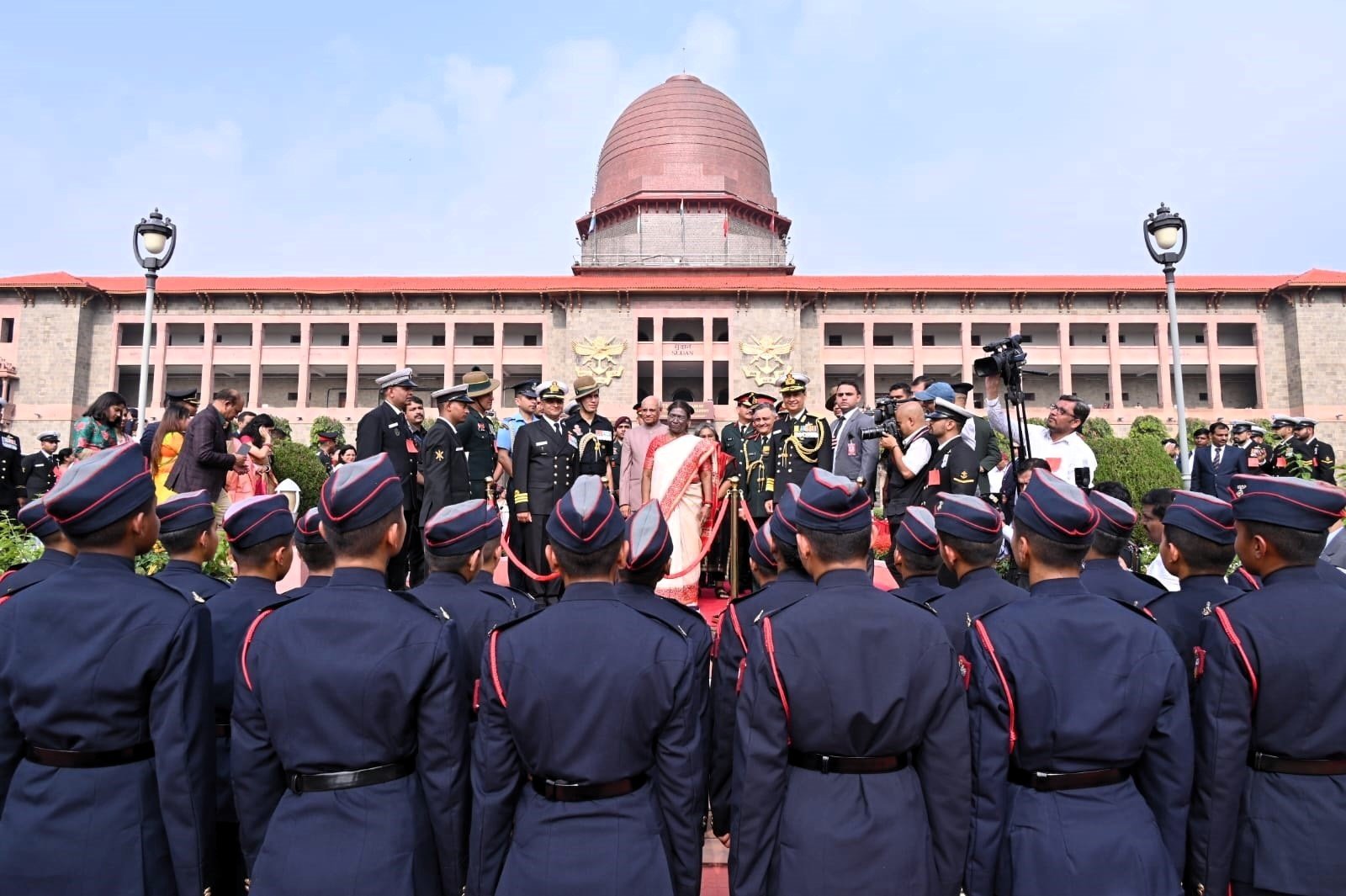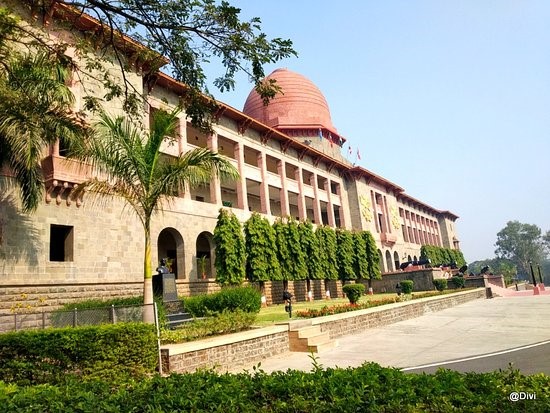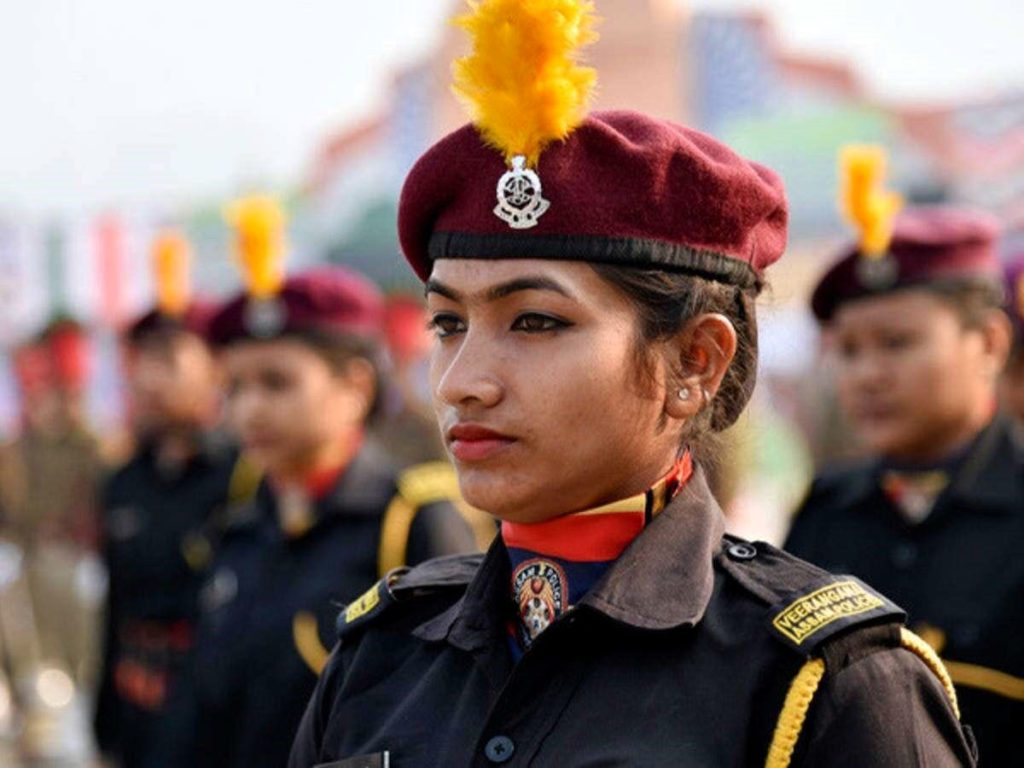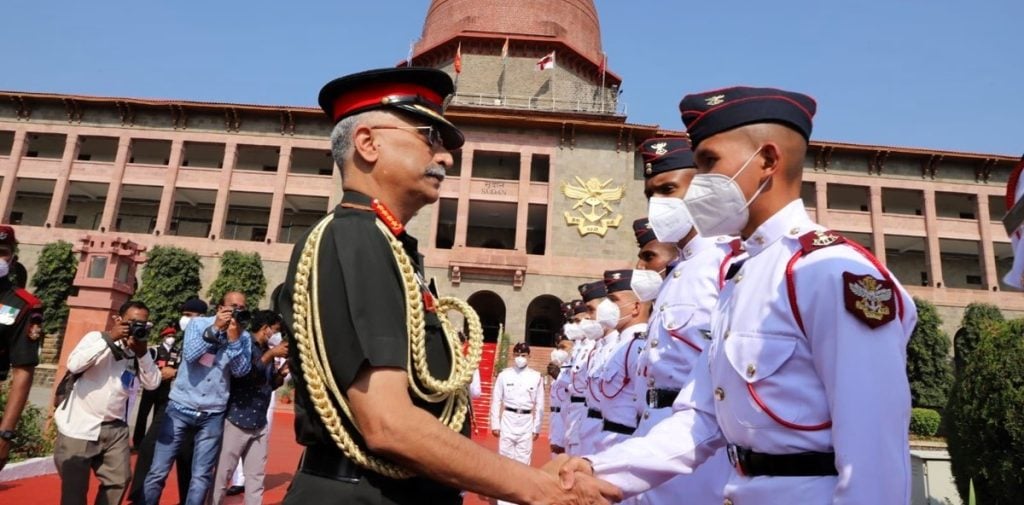The National Defence Academy (NDA) is one of the premier institutions for training future officers of the Indian Armed Forces. Clearing the NDA exam and subsequent stages is a significant achievement and marks the beginning of a transformative journey. This article delves into the life of an National Defence Academy cadet post-clearance, covering the training, daily routine, food and accommodation, and the overall experience of becoming a defense officer.
Introduction
The Significance of NDA
The National Defence Academy exam is one of the most sought-after exams for young aspirants aiming to join the Indian defense forces. Conducted at the higher secondary level, candidates between the ages of 16 to 19 years compete rigorously to secure a place. The selection process includes the written exam, the Services Selection Board (SSB) interview, a medical examination, and making it to the merit list. Those who successfully navigate these stages are admitted into the NDA, embarking on a path that molds them into officers and leaders.
Overview of Training
Training at the National Defence Academy spans three years, culminating in a graduation degree. Following this, cadets undergo specialized training for 12 to 18 months at their respective academies: the Indian Military Academy (IMA), Indian Naval Academy (INA), or Air Force Academy (AFA). The NDA training program is divided into six terms, with a focus on both academic and physical excellence.
Training at NDA
Training Modules
The training at National Defence Academy is comprehensive, encompassing both indoor and outdoor activities. The Joint Training Team (JTT) oversees the training program, ensuring cadets are well-prepared for the challenges ahead.
Orientation Capsule
The journey begins with an Orientation Capsule, a two-month long program designed to acclimate cadets to the rigorous mental and physical demands of National Defence Academy life. This period lays the foundation for discipline, resilience, and teamwork.
Academic Training
Academic training is a cornerstone of the National Defence Academy curriculum, with a strong emphasis on intellectual development. Cadets attend classes and lectures, pursuing a structured syllabus that leads to a graduation degree from Jawaharlal Nehru University (JNU).
Physical Training
Physical training at National Defence Academy is both daring and challenging. Cadets undergo rigorous physical exercises, obstacle courses, and endurance tests designed to enhance their physical capabilities and stamina.
Service Training
The sixth term is dedicated to service-specific training, where cadets receive instruction tailored to their chosen branch: Army, Navy, or Air Force. This training prepares them for the specialized roles they will assume in their respective services.
Daily Routine
The daily routine at National Defence Academy is meticulously structured to instill discipline and optimize productivity. Here’s a typical day in the life of an National Defence Academy cadet:
| Time | Activity |
|---|---|
| 4:00 am | Wake-up call |
| 4:30 am – 6:30 am | Physical training |
| 6:30 am – 7:30 am | Outdoor training |
| 7:30 am – 8:30 am | Breakfast |
| 8:30 am – 2:00 pm | Academic sessions |
| 2:00 pm – 2:45 pm | Lunch |
| 3:00 pm – 6:00 pm | Games period |
| 6:30 pm – 8:30 pm | Evening study session |
| 8:30 pm – 9:00 pm | Dinner |
| 9:00 pm – 10:00 pm | Recreation and sports activities |
| 10:00 pm | Lights out |
This routine is designed to balance academic learning, physical fitness, and personal development.
Food and Accommodation
Cadets at National Defence Academy are provided with high-class facilities, reflecting the institution’s commitment to nurturing future officers. Each cadet is allotted a single occupancy room equipped with basic amenities. The Academy boasts ultra-modern facilities for training cadets from all three branches of the military.
Dining at National Defence Academy
The mess at National Defence Academy serves a variety of cuisines, including Indian, Continental, and Lebanese, ensuring a balanced diet for all cadets. The diet plans are formulated based on research by nutrition scientists to meet the dietary needs of the cadets.
Squadron Life
Squadrons Overview
National Defence Academy cadets are assigned to one of 18 squadrons upon their arrival. These squadrons include Alpha, Bravo, Charlie, Delta, Echo, Foxtrot, Golf, Hunter, India, Juliet, Kilo, Lima, Mike, November, Oscar, Panther, Quebec, and Romeo. Each squadron serves as a second home, fostering a sense of camaraderie and healthy competition.
Competitions and Camaraderie
Throughout the year, various competitions are held to determine the best squadron. These events range from sports and academic challenges to military drills, promoting teamwork and esprit de corps.
The Challenges and Rewards of NDA Life
Overcoming Challenges
Life at NDA is undoubtedly challenging. The rigorous training, strict discipline, and demanding schedule can be daunting. However, these challenges are integral to the development of a cadet, preparing them to face the adversities of military life with resilience and determination.
The Path to Commissioning
The ultimate reward for enduring the strenuous training is the honor of being commissioned as an officer in the Indian Armed Forces. The stars on their shoulders symbolize the culmination of their hard work and dedication.
The Passing Out Parade
The Passing Out Parade (POP) is a significant milestone for NDA cadets. It marks the end of their training journey and the beginning of their service to the nation. The parade is a proud moment for cadets and their families, celebrating their transformation into commissioned officers.
Further Reflections
The Impact of NDA Training
NDA training extends beyond military preparedness. It instills a sense of responsibility, leadership, and moral integrity. Cadets emerge not only as officers but also as well-rounded individuals ready to contribute to society.
The Brotherhood of Cadets
The bonds formed at NDA are lifelong. The shared experiences, challenges, and triumphs create a brotherhood that supports and sustains cadets throughout their careers and lives.
Looking Forward
Clearing the NDA is just the beginning. The journey ahead is filled with opportunities for growth, service, and leadership. NDA graduates go on to serve in various capacities, making significant contributions to the defense and security of the nation.
Conclusion
Life after clearing NDA is a journey of transformation, filled with challenges and rewards. The training at NDA equips cadets with the skills and discipline needed to excel in their military careers and beyond. The experience molds them into leaders capable of facing any challenge life throws at them, with the valor and dignity of serving their motherland.
FAQs
1. What is the duration of training at NDA?
Training at NDA lasts for three years, after which cadets undergo specialized training for 12 to 18 months at their respective academies.
2. What degree do NDA cadets receive?
NDA cadets receive a graduation degree from Jawaharlal Nehru University (JNU) upon completion of their three-year training program.
3. What facilities are provided at NDA?
NDA provides high-class facilities, including single occupancy rooms, ultra-modern training facilities, and a variety of cuisines to ensure a balanced diet for cadets.
4. What is the significance of squadrons at NDA?
Squadrons are the cadets’ second homes at NDA, fostering camaraderie and healthy competition. Various competitions are held throughout the year to determine the best squadron.
5. What is the Passing Out Parade?
The Passing Out Parade (POP) is a significant event marking the end of a cadet’s training journey at NDA and their commissioning as an officer in the Indian Armed Forces.










